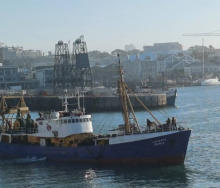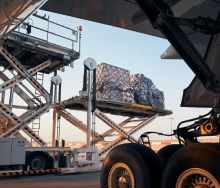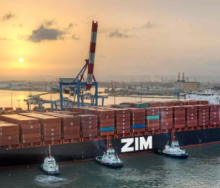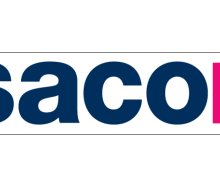A new industry body has been established to represent the interests of the independent freight forwarding sector.
Yesterday saw the official launch of Elite Association of Logistic Networks (Elite), representing nine members who meet the qualifying criteria. They include Global Logistics Network (GLN); Global Project Logistics Network (GPLN); Lognet Global; Project Cargo Network (PCN); Time Critical Logistics Alliance (TCLA); Universal Freight Organisation (UFO) ; WCA Family of Logistic Networks (WCAF); WCA Projects Network (WCAPN); and Worldwide Partners Alliance (WPA).
Combined membership of Elite-qualified networks comprises over 3 550 freight forwarding companies around the world, with annual revenues in excess of US$60 billion and over 140 000 staff operating from 7 000 plus offices in 188 countries worldwide.
Elite will act as a body to represent the independent freight forwarding community by engaging with and participating alongside major global industry associations, regulators and government agencies. For the first time the independent sector has a powerful and unified voice to ensure the interests of SME freight forwarders are considered, said a spokesman.
Iata’s head of global cargo, Des Vertannes, has welcomed the formation of Elite, stating that with the industry currently undergoing major changes it is essential that all sectors work together. “Elite has the potential to become a powerful and potent voice for freight forwarders around the world. The size and quality of the networks within Elite ensures that their views will be heard and taken seriously by associations, regulators and carriers.”
In a statement, the Elite founding members said: “There are new networks appearing almost daily that do not have the same ideals and standards that Elite member networks embrace. Many of these networks operate using dubious practices, provide poor quality services, offer unsubstantiated benefits, lack proper financial backing, fail to implement membership vetting procedures and are generally unable to fulfil their stated obligations to their membership. This not only damages the reputation of logistic networks as a whole, but also creates much confusion among freight forwarders, shippers and the logistics supply chain. By applying strict membership criteria we are able to provide the industry with a ‘seal of quality’ ensuring that each network only operates to the highest standards.”












